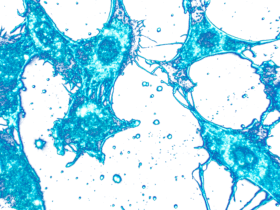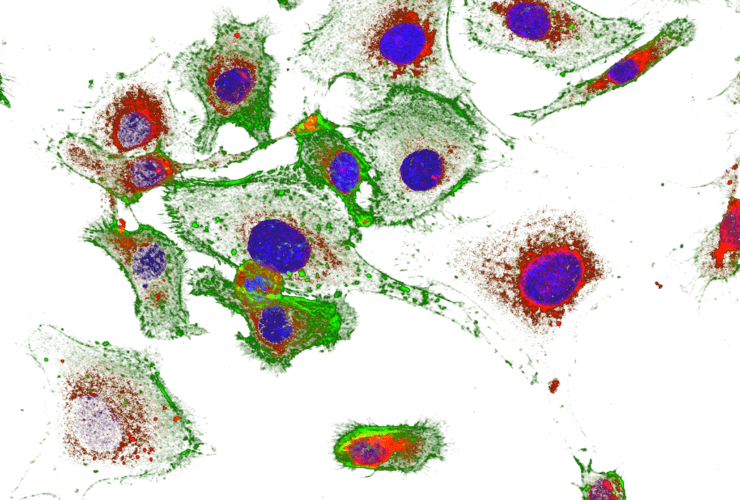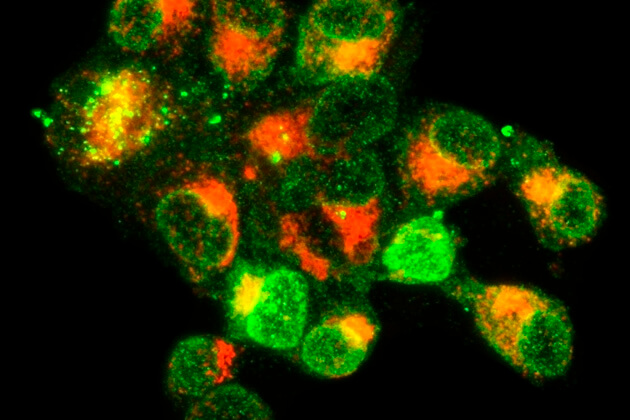This set of Institutional Best Laboratory Practices is designed for the authentication of cell lines and tissue samples used in biomedical research. The document sets out four best practices, which include: Verification of cell line identity via the Cellosaurus and ...
This document was written to set out the essential steps for authenticating human cell lines. The Guide focuses on short tandem repeat (STR) profiling, as a widely used and accepted authentication method. The Guide includes sections on: Preparing starting material for ...
This document was written to set out the essential steps for authenticating mouse cell lines. The Guide focuses on short tandem repeat (STR) profiling, as a widely used and accepted authentication method. The Guide includes sections on: Preparing starting material for ...
This checklist was written as a resource for scientists who are preparing to write or review manuscripts and grant applications. The list can be used to help determine if the cell lines used for the work meet acceptable quality requirements. ...
This document takes the most important things a scientist needs to know about authenticating cell lines and squeezes that information into three pages for quick and easy reference. The document summarizes what you need to consider: Before starting a research project that ...
This document was written to help scientists find unique names for newly established cell lines. ICLAC has noticed an increasing number of cell lines with identical names but coming from different donors. To help address the problem, this document sets out: Essential ...
The seminar slides are designed as a short, engaging presentation about cell line authentication. Topics include why authentication is important, the impact of misidentified cell lines, and a brief description of STR profiling. At the end of the slide deck ...
The training module is designed to explore various aspects of cell line authentication. Three separate slide decks are included, courtesy of Bio-Trac and in memory of Roland Nardone. Human Cell Line Authentication Discusses why authentication is necessary, when to test, ...
Watch The Hidden World of Cell Lines on YouTube Visit the companion page for scientific background and information The Hidden World of Cell Lines video is a short, engaging introduction to cell lines and their problems. It is designed for ...
Version 11 of the ICLAC Register of Misidentified Cell Lines was released on 8 June 2021. ...

























